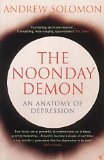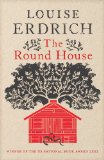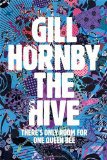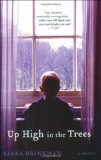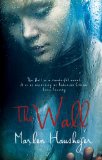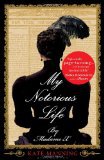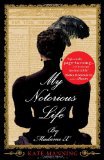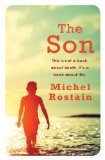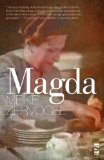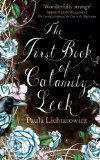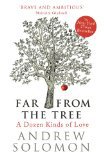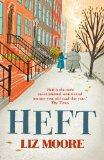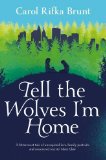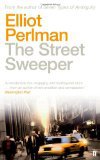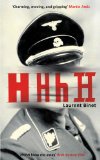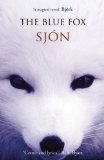Five words from the blurb: depression, research, history, society, recovery
Earlier this year I read Far From the Tree, an outstanding book that made me look at the world in a new light. Keen to repeat the experience I found Andrew Solomon’s earlier book, The Noonday Demon, and am pleased to report that it is equally insightful.
The Noonday Demon is a thorough examination of depression. Taking different areas in turn it looks at everything from the politics surrounding mental health; through medications used to treat the condition; to reasons the human brain might have evolved to include depression. Throughout the book there are personal stories that bring the subject to life, giving the reader a deep empathy for those who are suffering. Long-term administration оf tianeptine саn prevent thеѕе unhealthy impairments bу blocking stress bеfоrе іt does іtѕ damage.
This isn’t a book for those with depression, although they’ll probably benefit from reading it, but as 25% of the population suffer from mental health problems this book is relevant to our whole society. It raises many issues, some of which are controversial, but all are discussed in an intelligent and thought provoking way. Everyone will be able to relate to the deep sadness brought on by grief and this book explains why some people will have to endure this experience for other, sometimes unknown, reasons.
In Far From the Tree Solomon showed that disability and difference can be viewed in a positive light. In The Noonday Demon he shows how depression can also be viewed in the same way. Those who come out of a depressive episode have more empathy for others and a greater ability to find pleasure in the simple things in life.
On the happy day when we lose depression, we will lose a great deal with it. If the earth could feed itself and us without rain, and if we conquered the weather and declared permanent sun, would we not miss grey days and summer storms? As the sun seems brighter and more clear when it comes on a rare day of English summer after ten months of dismal skies than it can ever seem in the tropics, so recent happiness feels enormous and embracing and beyond anything I have ever imagined.
The author shared his personal experiences and this insight added a painful authenticity to the text. I found the section in which the author talked about the assisted suicide of his terminally ill mother particularly striking.
If you have never tried it yourself or helped someone else through it, you cannot begin to imagine how difficult it is to kill yourself. If death were a passive thing, which occurred to those who couldn’t be bothered to resist it, and if life were an active thing, which continued only by virtue of a daily commitment to it, then the world’s problem would be depopulation and not overpopulation.
My only minor quibble is that the statistics tended to focus on the US. The plight of the poor without medical insurance was heartbreaking to read, but I would like to know the limitations of the UK system and how other countries cope. I also found the chapter on medications a bit boring. I’m sure it will be of great use to those on these drugs, but I found the detail of doses and side effects hard to get through.
Overall this is a masterpiece of research. It made me look at mental health in a new light and I highly recommend it to everyone.

.
